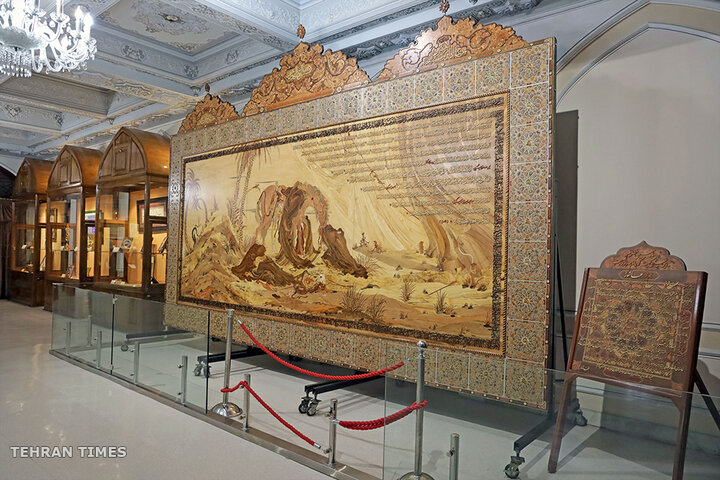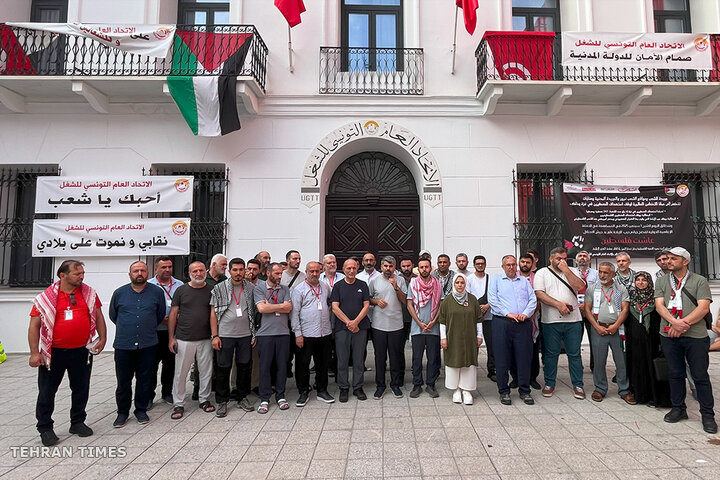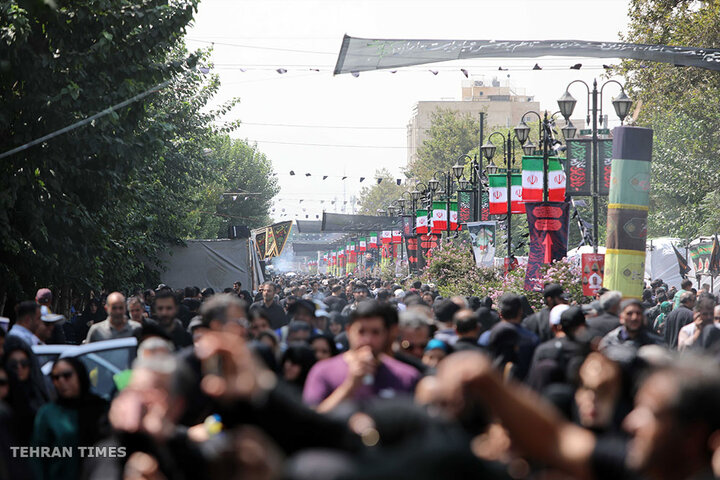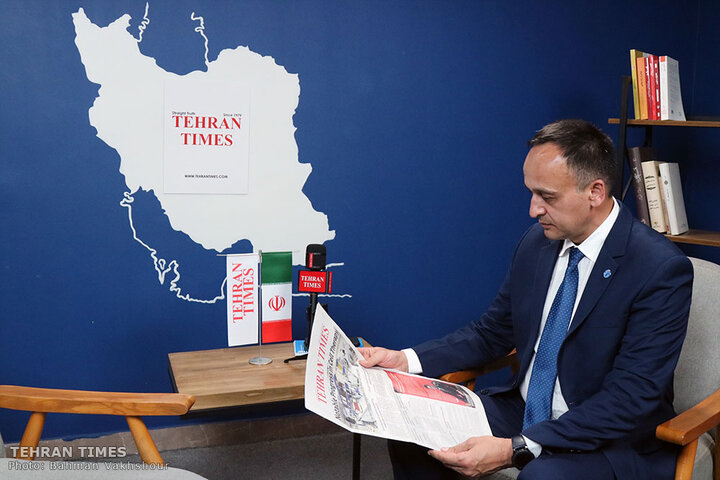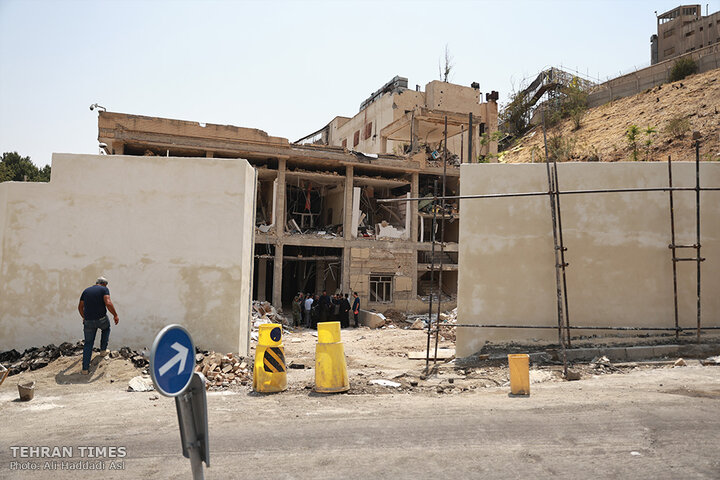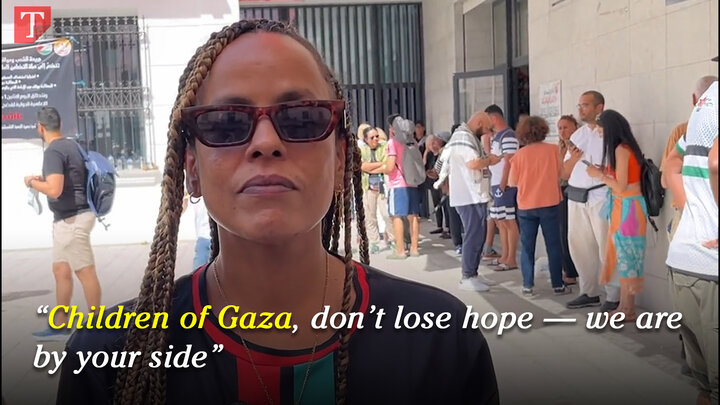-
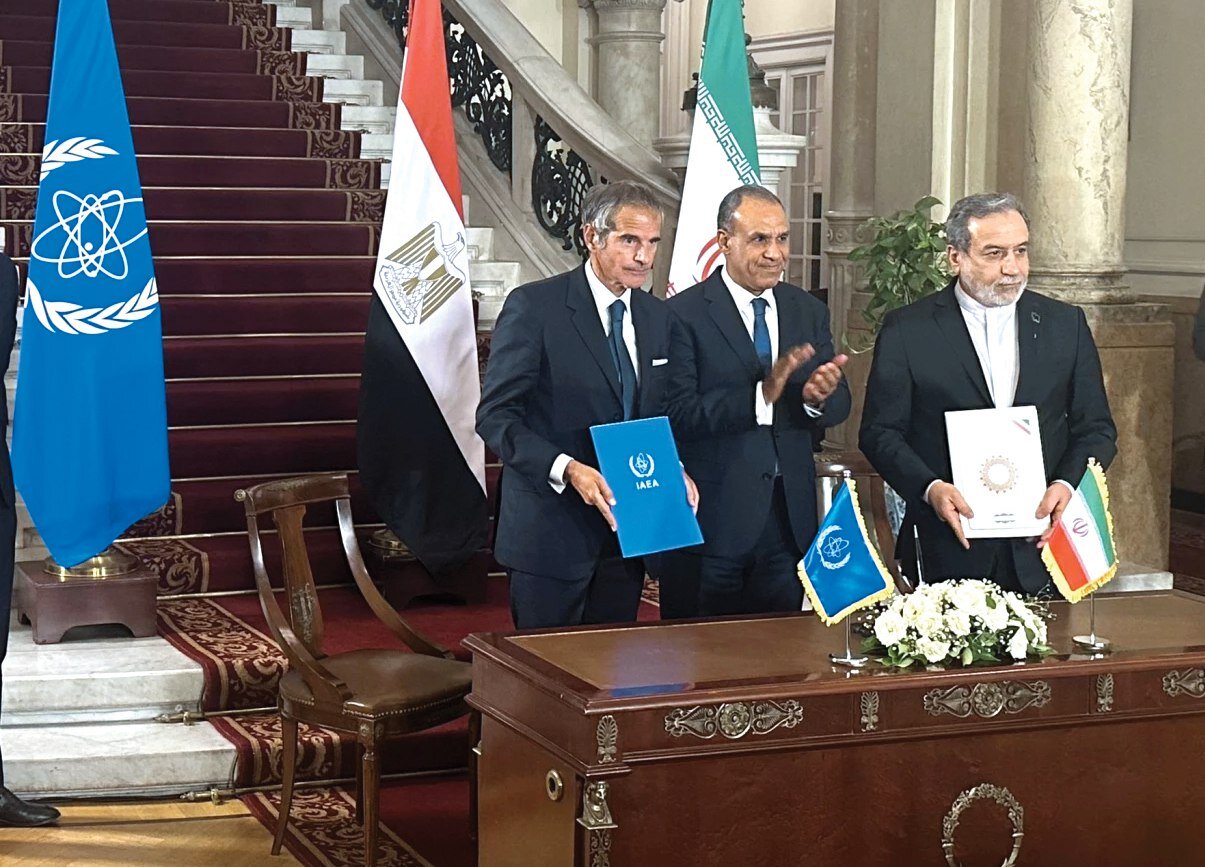 2025-09-14 20:56
2025-09-14 20:56
By Mona Hojat Ansari
Cooperation with IAEA still not a sure thing
Iran’s top security body says renewed attacks, return of UN sanctions will force country to ditch Cairo deal
TEHRAN – The agreement signed in Cairo last week between Foreign Minister Abbas Araghchi and International Atomic Energy Agency (IAEA) Director General Rafael Grossi to resume cooperation sparked consternation among conservatives in Iran and placed domestic pressure on the Pezeshkian administration.
-

G7’s claims against Iran a gross distortion of reality: Iran foreign ministry
TEHRAN – The Iranian Foreign Ministry has strongly dismissed allegations raised by the Group of Seven (G7) Rapid Response Mechanism (RRM) and its associate members, condemning them as “baseless, unfounded, and politically motivated.”
-

By Shahrokh Saei
From satellites to propaganda: Google implements Mossad’s digital siege
TEHRAN – Google stands accused of facilitating Israel’s war effort, providing both the tools and platforms that aid military operations and shape global narratives.
-

Arab leaders: Global silence fuels Israel’s crimes
TEHRAN – Arab League Secretary-General Ahmed Aboul Gheit on Sunday slammed the “silence and inaction” of the international community, saying it has emboldened Israel to continue its “crimes.”
-

By Garsha Vazirian
Between occupation and brutality: Israeli advances and Syria’s brutal new order
TEHRAN — Israel’s recent ground operation into southern Syria — reported under the codename “Green-White” and said to have advanced roughly 38 kilometers into Syrian territory, reaching within about 10 km of Damascus — represents the deepest Israeli penetration since the wars of the 1970s and a significant escalation in a campaign that has become systematic since the fall of Bashar al-Assad.
-
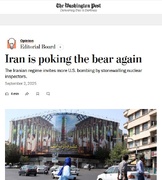
By Xavier Villar
A Washington Post editorial advocating more bombings in Iran
MADRID – A recent Washington Post editorial published a few days before Iran agreed to resume cooperation with the International Atomic Energy Agency (IAEA) reflects a recurring narrative in Western media, but one far from providing a balanced and contextually nuanced analysis.
Politics
-
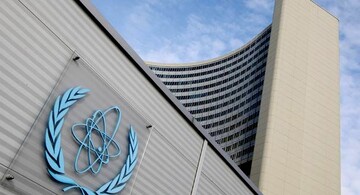
Enrichment under the NPT, JCPOA, and UNSR2231
TEHRAN – The Treaty on the Non-Proliferation of Nuclear Weapons (NPT), established in 1968, continues to serve as the bedrock of international efforts to prevent the spread of nuclear weapons while promoting peaceful uses of nuclear energy.
-

European Snapback efforts could inflict ‘irreparable damage’: Araghchi
TEHRAN – Iran's Foreign Minister Abbas Araghchi has issued a stark warning to the United Kingdom, France, and Germany, cautioning that their ongoing efforts to revive UN Security Council sanctions against Tehran could lead to "irreparable damage."
-

Selective mourning: Power, death, and recognition in contemporary necropolitics
MADRID – The death of Charles Kirk and the way it has been received in public and media spheres allows for a profound political analysis of how the right to mourning and commemoration is regulated in the contemporary world.
Sports
-
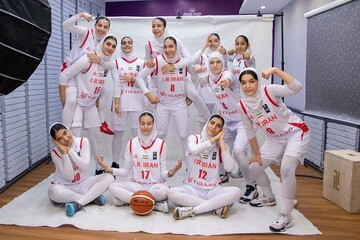
Iran beat Uzbekistan at FIBA U16 Women's Asia Cup 2025-Division B
TEHRAN – Iran advanced to the Qualification to Semi-Finals of the FIBA U16 Women's Asia Cup 2025-Division B after beating Uzbekistan 61-54 on Monday.
-

Iran’s heavyweight wrestler Zare earns gold at 2025 World Wrestling Championships
TEHRAN – Amirhossein Zare of Iran, heavyweight freestyler, claimed a gold medal at the 2025 World Wrestling Championships on Sunday.
-

Iran’s freestyler Javan wins silver at 2025 World Wrestling Championships
TEHRAN – Ahmad Javan of Iran won a silver medal at the 2025 World Wrestling Championships on Sunday.
Culture
-

Iran’s culture minister calls for stronger Iran–Russia academic, cultural ties
TEHRAN – The relations between the Islamic Republic of Iran, the Russian Federation, and other nations with a shared approach can lay the foundation for a truly multipolar world and society, the Iranian Minister of Culture and Islamic Guidance Seyyed Abbas Salehi said during a visit to St. Petersburg State University on Friday.
-

Iran, Azerbaijan to organize bilateral cultural weeks
TEHRAN- A meeting to discuss the expansion of cultural ties between Iran and the Republic of Azerbaijan, including the organization of joint cultural weeks and days, was held at the Ministry of Culture of Azerbaijan in Baku.
-
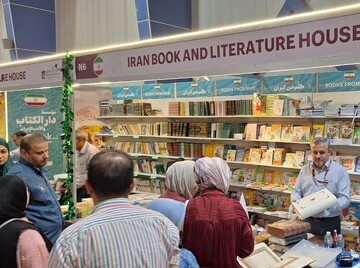
Iran participating in 26th Baghdad International Book Fair with 1,000 titles
TEHRAN – Iran is participating in the 26th Baghdad International Book Fair in Iraq, which opened on September 10.
Economy
-

Iran-Pakistan economic committee vows to boost trade to $10b
TEHRAN – The 22nd meeting of the Iran-Pakistan Joint Economic Committee commenced in Tehran on Monday, co-chaired by Iran’s Minister of Transport and Urban Development Farzaneh Sadegh, and Pakistan’s Federal Minister for Commerce Jam Kamal Khan.
-
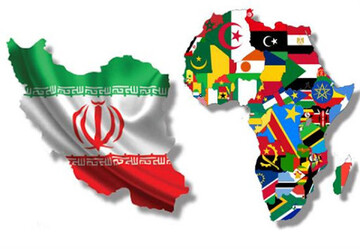
Iran’s exports to Africa double in 5 months yr/yr
TEHRAN – Iran’s exports to Africa doubled in the first five months of the current Iranian year (March 21-August 22) compared with the same period last year, while imports from the continent declined, the head of the Africa office at the Trade Promotion Organization (TPO) said.
-

Oil output rises 3,000 bpd at South Azadegan field
TEHRAN – Daily oil production has increased by 3,000 barrels following the launch of well Fahliyan-52 at the South Azadegan field, raising the field’s total output to 61,900 barrels per day, Petropars Group said.
Society
-
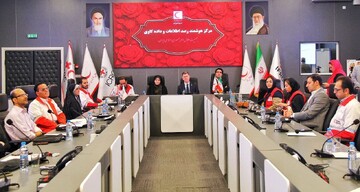
IRCS highlights significance of rehabilitation in humanitarian missions
TEHRAN –Razieh Alishvandi, the director of the Iranian Red Crescent Society (IRCS) for international affairs, has underscored the importance of rehabilitation in relief and rescue services, considering it an essential part of supporting those affected by crises.
-
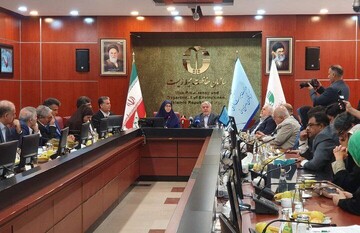
DOE, tourism ministry team up for sustainable development
TEHRAN – The Department of Environment (DOE) and the Ministry of Cultural Heritage, Tourism, and Handicrafts have signed a four-year memorandum of understanding (MOU) to strengthen their partnership in preserving the environment and promoting sustainable tourism.
-
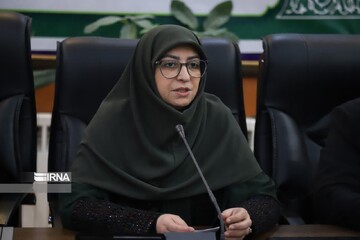
'Iran has largely reduced ozone-depleting substances'
TEHRAN – Thanks to the joint efforts of national and global institutions, Iran has successfully managed to lower a large proportion of harmful UV radiation emitted through the ozone layer, the head of the Department of Environment (DOE), Shina Ansari, has said.
Tourism
-
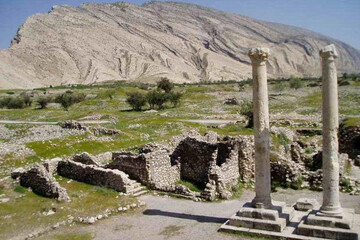
Iranian scholars link Bishapur palace motif to global symbols
TEHRAN – Archaeologists in Iran say a decorative motif known as Gardoun-e Mehr (literary “Mithra Wheel”) or cross-like pattern, carved in plasterwork at an ancient royal palace of Bishapur in Fars province, influenced artistic and architectural designs across the world.
-
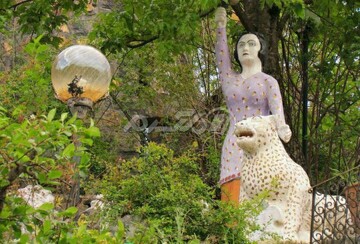
Rural literary tourism route launched in Kandelous, northern Iran
TEHRAN – Iran has inaugurated a rural literary tourism route in the village of Kandelous in northern Mazandaran province, linking local folklore with cultural and ecological tourism, officials said.
-
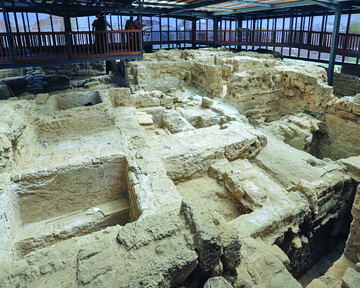
Archaeologists evacuate Gaza artefacts from storehouse threatened by Israeli strike
TEHRAN – Archaeologists evacuated nearly three decades of finds from a Gaza City building on Wednesday after Israeli authorities warned it would be targeted in an air strike, officials said.
International
-

From satellites to propaganda: Google implements Mossad’s digital siege
TEHRAN – Google stands accused of facilitating Israel’s war effort, providing both the tools and platforms that aid military operations and shape global narratives.
-

Arab leaders: Global silence fuels Israel’s crimes
TEHRAN – Arab League Secretary-General Ahmed Aboul Gheit on Sunday slammed the “silence and inaction” of the international community, saying it has emboldened Israel to continue its “crimes.”
-

Between occupation and brutality: Israeli advances and Syria’s brutal new order
TEHRAN — Israel’s recent ground operation into southern Syria — reported under the codename “Green-White” and said to have advanced roughly 38 kilometers into Syrian territory, reaching within about 10 km of Damascus — represents the deepest Israeli penetration since the wars of the 1970s and a significant escalation in a campaign that has become systematic since the fall of Bashar al-Assad.
Video Comment
-

Culture minister highlights year of progress in arts, global image enhancement
-

Gazan Journalists attacked by Israel
-

Brother of Iranian scientist murdered in Israeli strike speaks out
-
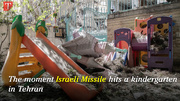
Footage shows Israel hit a kindergarten in Tehran
-
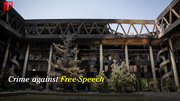
Delegates and ambassadors from 28 countries visited the IRIB building
Most Viewed
-
The Big Satan doesn't protect the region from the Small Satan
-
A Washington Post editorial advocating more bombings in Iran
-
Cooperation with IAEA still not a sure thing
-
From satellites to propaganda: Google implements Mossad’s digital siege
-
Exclusive: U.S. isolation inevitable if ‘snapback’ mechanism revived, cautions nuclear physicist
-
Reported Zionist summit in Baku sparks criticism from Ayatollah Khamenei’s advisor
-
Iranian music scene mourns triple loss
-
Between occupation and brutality: Israeli advances and Syria’s brutal new order
-
If Palestine can’t win, many principles are at stake,” says Italian activist on Sumud flotilla
-
Tehran, Almaty eye joint trade hub with China’s Khorgos
-
Iran, Iraq sign MOU to beef up ties in combating narcotics
-
G7’s claims against Iran a gross distortion of reality: Iran foreign ministry
-
Israel is seeking to become hegemon in the region
-
Selective mourning: Power, death, and recognition in contemporary necropolitics
-
Araghchi sits down with Qatari counterpart ahead of summit resolution
